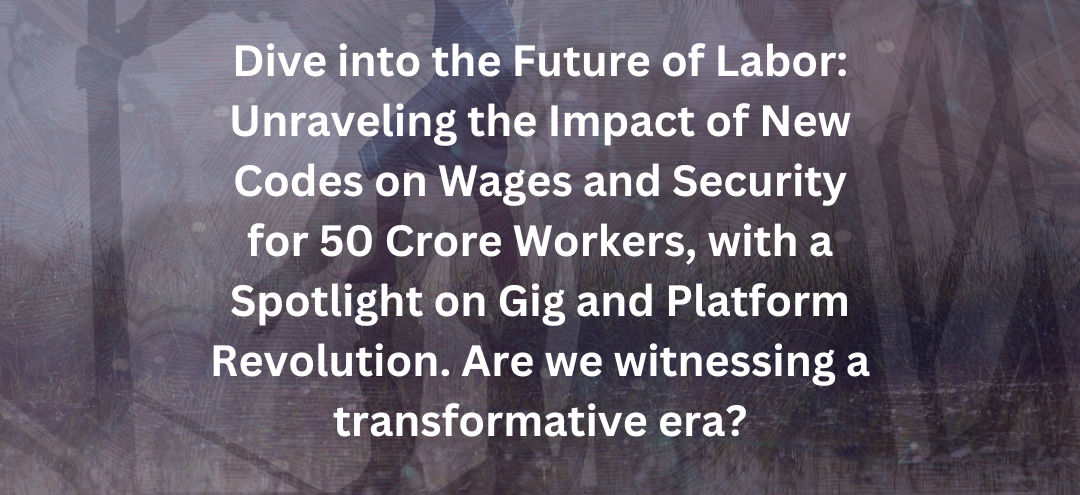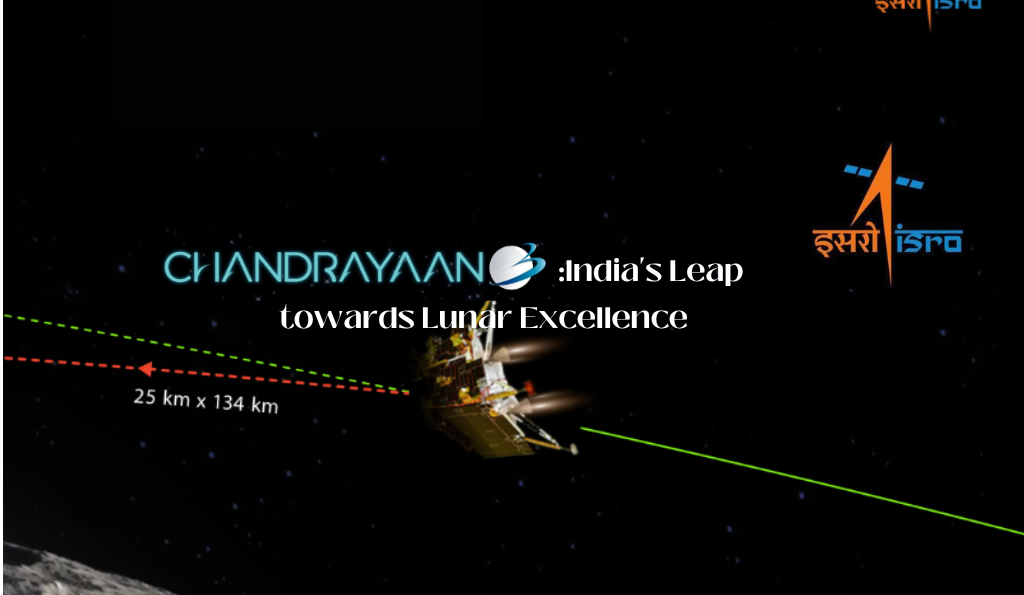Walmart Inc. has acquired one of India’s largest E-commerce businesses: Flipkart was taken over by the U.S retail giant Walmart Inc. recently valued at a whopping 16 million dollars, 77% of the stakes in what is being termed as the world’s biggest E-commerce acquisition. Practically the biggest acquisition in the E-commerce domain till date, this is Walmart’s first venture into the E-commerce industry.
The remaining stakes are currently held by some of Flipkart’s existing shareholders, including co-founder Binny Bansal, who now owns 4.24% of the total shares after selling off 0.5% of his earlier lot; China’s Tencent Holding ltd., Tiger Global Management LLC, and Microsoft Corp. Sachin Bansal, the co-founder of Flipkart, however, has opted out of the company by selling the whole of his 5.5% stakes to Walmart.
What did it mean for Walmart?
Walmart expects India to become one of the largest E-commerce markets globally. The acquisition will provide it greater access to India’s market, which Morgan Stanley estimates, has the potential to grow to $200 billion in about a decade from the $30 billion today. Walmart, thus, can now tap the Indian retail market online itself.
The immediate impact of this acquisition, however, was of skepticism at Wall Street. Walmart’s share prices fell by 3.7% resulting in approx $4.3 billion loss for the Walton family, according to Bloomberg Index. Moody’s Analyst states that the company cannot be expected to earn profits straight away. It will have to incur losses in the initial few years.
What will it change:
The deal marked as the biggest E-commerce acquisition till date globally will recalibrate the startup ecosystem in India, shape it for the better, restore faith in proper exits and boost the E-commerce industry.
Talking about the Indian startup ecosystem, which was going through a dry phase will see a lot more deals happening this year. The deal had plenty of takeaways for all the stakeholders.
The key takeaway for next-gen Entrepreneurs is to inspire themselves from the growth tale of Flipkart seeing young founders building the team, the product, getting global funding, scaling and growing and finally after a lot of sweat getting the biggest exit to a global giant. These stories till now were familiar to US ecosystem. The most important learning can be the resilience and the relentlessness shown by the company and the founders for 10 years and finally making it big. Following the acquisition, we can see a lot more individuals taking up Entrepreneurship and a rise in the number of startups.
The Indian startup ecosystem has been persistently scarred by poor exits, lack of IPOs and low returns for investors. This deal will boost the investor’s confidence. With the belief that big doors are possible, more VC capital will flow into the ecosystem, and more angels will penetrate the market. Further, the kind of global attention this deal has already brought to India is unparalleled, and global VCs and Banks will be eyeing India with bigger specs.
The last but the most important will be the impact on E-commerce industry in India for all its stakeholders. It is expected that the contribution of the E-commerce industry to GDP will increase from $20 billion at present to around $300 billion by 2030. The number of digital buyers has increased drastically of late. A new study by Forrester Research has stated that approximately one-fifth of the total retail sales will take place online by 2021 in the Asia Pacific region. India is a fast-growing Asian digital market, close to 329.1 million people are expected to buy goods and services online by 2020, which is about 70.7% of the internet users.
We will soon be encountering the biggest blood battle between E-commerce behemoths – Alibaba, Amazon, and Walmart on Indian battlefield. The competition will empower the entire industry – Suppliers, Logistic providers, and most importantly the consumers.
We are looking forward to exciting times overall and gearing up for the changes we are going to see soon.







0 Comments